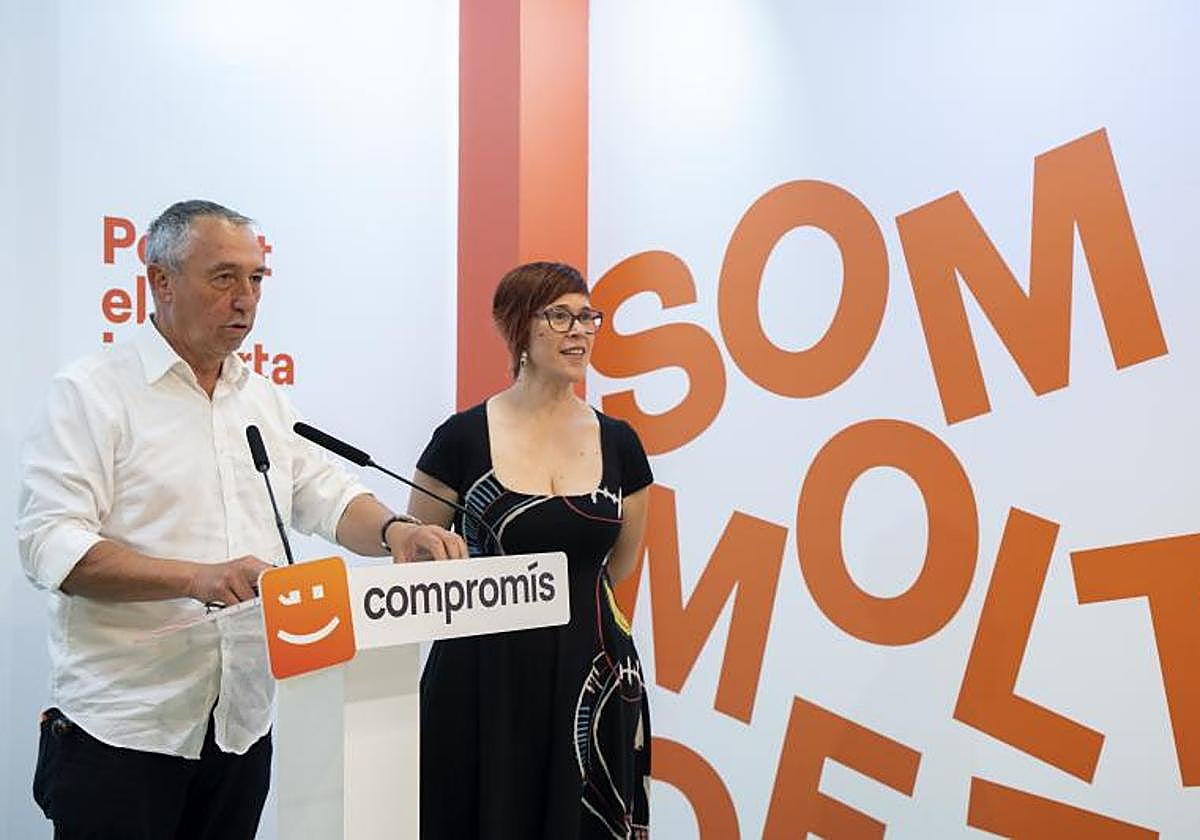No foreigners allowed
Compromís, a leftist party in Valencia, has proposed banning foreign individuals from buying property in order to control house prices
Mark Nayler
Viernes, 5 de mayo 2023, 14:44
In an attempt to control soaring house prices, Compromis, a leftist party from Valencia, has suggested a three-year ban on foreign individuals and companies ... buying property in Spain. Arguing that Spaniards are being denied the opportunity to exercise their Constitutionally-enshrined right to own property by foreigners, and that no other rights (i.e. the rights of prospective buyers) would be violated by forcing foreign investors out of the Spanish property market, would be tricky, at best. There's also the issue of whether Compromis' proposal would transgress EU legislation that guarantees free movement of capital within the bloc and between the bloc and non-members.
Compromis maintains that the ban is primarily intended to combat the presence in the Spanish property market of foreign 'vulture funds' such as Blackstone, which in 2017 became Spain's biggest private landlord after buying five billion euros' worth of toxic real estate from stricken lender Popular. But if corporate behemoths are the real target of Compromis's proposal, it's not obvious why individual investors would also be shut out for three years.
In January, Canada's federal government banned non-Canadians from buying residential property for two years. Some experts see the measure as an underhand attempt to modify property law, which is the sole jurisdiction of the Canadian provinces, not the federal government. According to a legal columnist for the 'Toronto Star', "Ottawa has no business regulating provincial property law under the guise of its powers to deal with naturalisation and immigrants".
Compromis's proposal obviously isn't intended to combat immigration flow into Spain, concerned as it is with non-resident landlords. But doubts about the legality of Canada's ban highlight the possibility that a similar moratorium in Spain might clash with the legal framework provided by the Spanish Constitution and/or EU legislation.
It's also unclear how a ban for just two years - or three, in Spain's case - will make any meaningful dent in property prices that are already astronomical. Once lifted, demand from foreign investors would presumably cause prices to start climbing again, if indeed they fell at all during the freeze-out. New Zealand enacted similar measures a few years ago, but still has one of the world's most unaffordable property markets, with an average house price of almost a million NZ dollars (about 565,000 euros).
Spain has enacted measures to encourage investment from wealthy individuals, which would provide a loophole for foreigners if Compromis's proposal came into effect. The Golden Visa initiative automatically awards residency to any non-EU individual who buys property in Spain worth no less than half a million euros, who invests at least two million euros in the country's public debt, or who deposits at least a million euros in a Spanish bank. You can encourage outside investment or push it away - but you can't do both at the same time.
¿Tienes una suscripción? Inicia sesión
